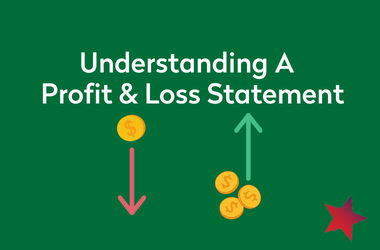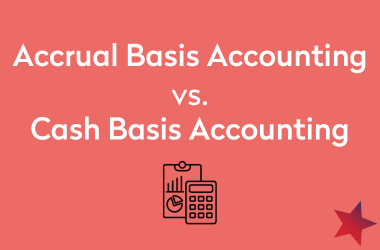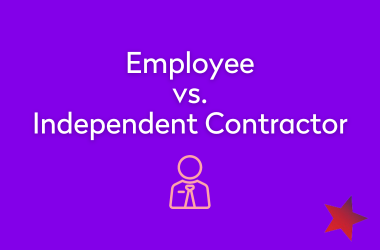How to Find and Inspire Volunteers for Your Fundraising Event
Finding volunteers for your performing arts fundraising events
It can be challenging to find quality volunteers for your performing arts fundraising events, but it’s an important element of your event plan.
Here are some ways you can find volunteers:
1. Utilize your organization’s network: Reach out to your current volunteers, donors, and supporters and ask if they would be interested in volunteering for the event or if they know anyone who would be.
2. Use social media: Use social media platforms such as Facebook, Twitter, and LinkedIn to post about your need for volunteers. Share information about the event and the roles available and ask followers to share the post to reach a wider audience.
3. Contact local schools, and community groups: Reach out to local organizations such as schools, service clubs, or youth groups to see if any members would be interested in volunteering.
Post on volunteer matching websites: Websites like VolunteerMatch, Idealist, and All for Good allow organizations to post volunteer opportunities and can help you reach a wider audience of potential volunteers.
4. Advertise in local newspapers and community bulletin boards: Place advertisements in local newspapers or community bulletin boards, including details about the event and how to get involved as a volunteer. These ads can be both display (print) and virtual.
5. Host an information session: Find potential volunteers by hosting an information session describing each event and the organization in general. This can be a useful opportunity to answer questions and build relationships with potential volunteers.
Remember to provide clear information about the event, the roles available, and the benefits of volunteering. Make sure to also express appreciation for their support, and recognize their contribution to your organization’s cause.
Inspiring volunteers at your fundraising events
Inspiring volunteers is key to the success of any fundraising event. Here are some tips to help you do just that:
1. Clearly communicate your cause and its importance: Volunteers will be more motivated if they understand the impact of their work. Make sure you clearly communicate the cause you are fundraising for and the impact it will have on the community.
2. Set achievable goals: Volunteers are more likely to be motivated when they have a clear understanding of what is expected of them. Set achievable goals for your volunteers and make sure they understand how their work will help to achieve those goals.
3. Create a sense of community: People are more likely to be motivated when they feel like they are part of a team. Create a sense of community among your volunteers by providing opportunities for them to socialize and get to know one another.
4. Provide training: Volunteers will be more confident and motivated if they are provided with the necessary training to perform their duties. Make sure you provide adequate training and support to your volunteers.
5. Show appreciation: It’s important to show your volunteers that their work is valued and appreciated. Make sure you thank your volunteers frequently and publicly for their hard work.
6. Provide opportunities for personal growth: Volunteers are often looking for opportunities to learn and grow. Provide opportunities for your volunteers to develop new skills and take on new challenges.
By implementing these tips, you can inspire and motivate your volunteers to work hard and make your fundraising event a success.
Latest Resource Postings
Understanding A Profit and Loss Statement?
Understanding A Profit and Loss StatementWhat is a Profit and Loss Statement? A Profit and Loss Statement (P&L) is a financial statement that measures the revenues, costs, and expenses incurred over a specific accounting period. P&Ls reflect an organization’s...
Accrual Basis Accounting vs Cash Basis Accounting
What is Accrual Basis Accounting vs. Cash Based Accounting? Accrual Basis Accounting Accrual basis accounting refers to a major accounting method that recognizes revenues and expenses at the time a transaction occurs, regardless of when cash is exchanged. Accountants...
Employee versus Independent Contractor
Employee vs. Independent ContractorWhat’s the difference between an employee and an independent contractor? The payment for an independent contractor is performance-based and is determined by the completion of the service they provide while an employee's payment is...



